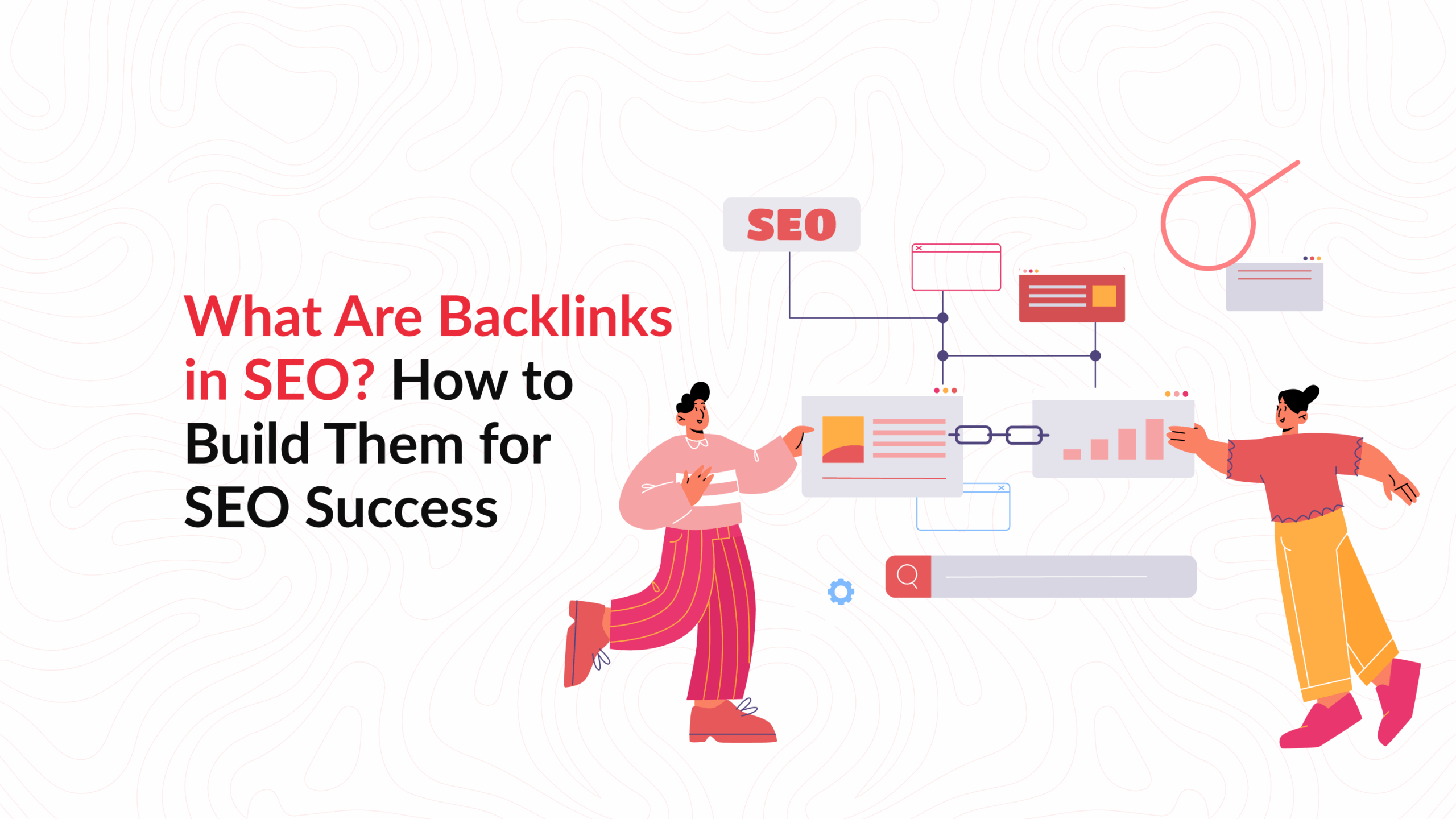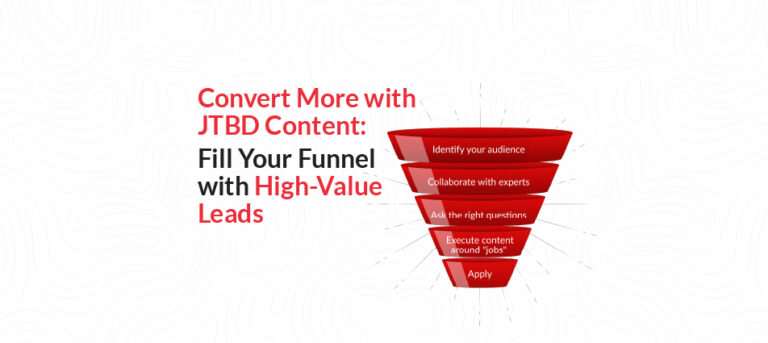What Are Backlinks in SEO? How to Build Them for SEO Success
Let’s not pretend SEO is this neat, easy little checklist. It’s not. It’s more like… trying to win a game where the rules keep changing every few months, and half of them were never written down in the first place.
In the middle of all that? Yeah. Backlinks.
You hear the term everywhere. “backlinks in seo are important!” “You need backlinks to rank!” And sure, fine. But what are backlinks? And why’s everyone acting like they’re the golden ticket?
Here’s the deal. Backlinks are just links from other websites pointing to yours. That’s it. But in Google’s world, those links? They’re like credibility points. If trustworthy sites are linking to you, it’s like the internet’s version of a character reference. And Google? It listens to that stuff.
But, listen—not all backlinks are created equal. Some can help your rankings climb. Others? They’ll bury you quietly, and you won’t even know what hit you. That’s why folks working with teams like Opositive don’t just go out grabbing random links. They earn the right kind. The kind that lasts.
What Are Backlinks and Why Are They Important in SEO?
Okay. So, backing up a bit—what actually is a backlink or what is an seo backlink ?
It’s just a link. One website includes a hyperlink that goes to another site. That’s all. But to a search engine? That little link says, “This site? It’s worth checking out.”
There are two flavors of links you’ll deal with:
A. Internal links – ones that go from one page to another within your website
B. Backlinks – from someone else’s site pointing to you
And those backlinks? That’s where the magic happens (or doesn’t). Because when solid, credible websites link to you, Google starts paying attention. Those links tell search engines you’re relevant, trustworthy, and maybe even… authoritative.
Backlinks help with:
A. Search engine discovery — bots find your site faster
B. Domain authority — Google sees who’s linking to you
C. Keyword strength — helps content rank better
D. Relevance signals — you’re part of a legit topic cluster
E. Trust — yeah, search engines care about that
Think of it like reputation in real life. A glowing review from a well-known expert? That’s gold. But a random nobody linking to you from a spammy blog? That’s dead weight. Or worse.
Types of Backlinks in SEO (With Examples
Not every backlink is worth celebrating. Some are strong. Some… meh. Here’s the breakdown.
1. Dofollow vs Nofollow
Dofollow: These tell search engines to “pass value.” Helps rankings.
Nofollow: Tells them not to. Doesn’t help SEO directly, but still useful for traffic sometimes.
2. Editorial (Natural) Links
Someone read your stuff, liked it, and linked to it. No pitch. No payment. Just… genuine. The dream.
3. Guest Post Links
You write a post for another site, and they let you include a backlink. It’s mutual. But only works if the content isn’t trash.
4. Directory Submissions
Business directories like Crunchbase, G2, etc. Legitimate ones are okay. Others? Avoid.
5. Press Release Links
Announce something new. A product, event, whatever. Get coverage. That brings links. Sometimes big ones.
6. Forum, Profile, and Comment Links
Low value. But if you’re being relevant, helpful, not spammy—they’re fine as support.
How Backlinks Influence SEO Rankings
Let’s say your site is amazing. Great product. Great content. But nobody’s linking to it.
Google’s like, “Hmm. If no one’s referencing this site… maybe it’s not worth ranking?”
That’s where backlinks come in.
They help you:
A. Build domain and page authority
B. Rank for competitive keywords
C. Get crawled and indexed faster
D. Show you’re part of an active, relevant niche
E. Transfer context and strength through anchor text
Backlinks basically tell Google you matter. No links? No trust. It’s that simple.
How to Build High-Quality Backlinks for SEO
Now how to build backlinks.
Getting backlinks? Not as easy as it sounds. You can’t just sit there waiting for people to discover your blog. You’ve got to do the work.
Here’s what actually the best seo backlink strategy:
A. Guest blogging – pitch niche sites, give them useful content
B. HARO (Help A Reporter Out) – answer questions for journalists, get cited
C. Broken link building – find dead links on other sites, suggest yours instead
D. Infographics & tools – people love linking to useful stuff
E. Data-driven content – original research pulls links naturally
F. Competitor research – see who’s linking to them, and… go get it
Honestly, it’s outreach + value. That’s the formula. No hacks. No “easy button.”
Backlink Building Strategies That Work in 2025
So what’s link building in seo working now?
SEO keeps changing, but some strategies still bring home results:
A. Podcast guesting – appear on shows, get backlinks from the episode notes
B. Collaborative content – co-author something with another creator
C. Skyscraper content – make a better version of top-performing content, then tell people about it
D. Publishing data – if it’s useful, it gets shared
E. Link swaps (but smart) – within your niche, done once in a while, with context
Point is? If your content gives value, links follow. But you have to ask too.
Tools to Track and Monitor Backlinks
If you’re not tracking, you’re flying blind.
- Ahrefs: A popular SEO tool known for its extensive backlink index. With Ahrefs’ Site Explorer, you can see all known backlinks to your site, the referring domains, and useful metrics like the linking site’s Domain Rating (DR). It also shows anchor text distribution and new vs. lost backlinks. Ahrefs is excellent for competitive analysis too – you can compare your backlinks with competitors and find gaps.
- Semrush: Another comprehensive SEO suite, Semrush offers a Backlink Analytics tool and Backlink Audit tool. You can monitor your overall backlink count, referring domains, authority scores, and even get a “toxicity” rating for each link (useful for spotting potentially harmful links). Semrush’s audit tool can send alerts for new and lost links, helping you stay up-to-date.
- Moz Link Explorer:Moz provides metrics like Domain Authority and Page Authority for your backlinks. It’s useful for a broad view of link quality. Moz’s index may not be as large as Ahrefs or Semrush, but DA is a familiar metric that many marketers track to evaluate link building success.
- Ubersuggest: A more budget-friendly tool (by Neil Patel) that includes backlink analysis features. It can show you your top backlinks, new links, and “SEO scores” for linking domains. While not as advanced as others, it’s user-friendly for those starting out.
- Google Search Console (GSC) This free tool from Google is a must. In the Search Console interface, under **Links**, you can find a report of your site’s external backlinks and top linking sites/anchor texts. GSC won’t list every link (it gives a sample), but it *confirms* which backlinks Google is seeing. Use it to identify your biggest link sources and ensure important links are indexed. It’s also useful for spotting any weird or spammy domains linking to you.
Metrics to track: Referring domains, anchor texts, DR, toxic links
- Referring Domains: The number of unique websites linking to you. This is often more significant than total number of links. 100 backlinks from 100 different domains is generally better than 100 backlinks from just 5 domains.
- Anchor Texts: Check the anchor text report to see how other sites are linking to you. You want a natural mix of anchors. If you notice an overabundance of one exact phrase, that could be a red flag. Monitoring anchors also reveals if people often use your brand name (good for brand building) or some wrong/odd text (which might indicate spam links).
- Link Authority/Quality: Many tools give a score per link or per linking domain (Ahrefs DR, Moz DA, Semrush Authority Score). Track the average quality of sites linking to you. As you build better backlinks, these scores should improve. If you suddenly get a bunch of very low-authority links, you might need to investigate their source.
- New vs. Lost Links: Backlinks aren’t static – you will gain and lose links over time. Tools can show which new links you acquired (so you can thank someone or capitalize on that relationship) and which links were lost (maybe a page that linked to you was removed). If a really valuable backlink is lost, you might reach out to see if there’s a chance to regain it or understand what happened.
- Spammy Links: Despite your best efforts, your site might accumulate some bad backlinks (from scraper sites, spam directories, etc.). SEO tools often flag “toxic” links using their own criteria. While Google usually ignores such links, keep an eye out for any significant spikes in spammy links. In rare cases of negative SEO or if you suspect a manual penalty related to links, you may need to disavow them (via Google’s Disavow Tool). But *caution:* don’t overdo disavows – only in case of clear harmful link patterns or Google penalties.
Mistakes to Avoid While Building Backlinks
Here’s what mistakes to avoid:
- Buying backlinks – risky, obvious, and Google will catch on
- Using private blog networks (PBNs) – outdated and dangerous
- Keyword-stuffing anchor text – looks fake
- Links from irrelevant sites – off-topic links = bad signals
- Getting hundreds of links overnight – looks artificial
When to Consider Professional Help for Link Building
Building good backlinks takes time, effort, and a pretty thick skin. Rejections? Delays? Ghosted emails? It’s all part of the game.So when does it make sense to outsource?
- No time
- No in-house SEO skill
- Need scale
- Want guaranteed clean links
That’s where agencies like Opositive come in.
Check out Opositive’s Off page services
Running a store? Their Ecommerce SEO solutions are built for that too.
FAQs
Do social media links help SEO?
Mostly nofollow. But they spread content. That visibility? Can lead to real backlinks.
How long do backlinks take to show results?
Give it 2–3 months, depending on how often your site gets crawled.
Are backlinks still important in 2025?
Yes. AI, core updates—doesn’t matter. Links still count.
Can I pay for backlinks?
You can. But it’s risky. And if Google finds out? You’re toast.
What if I get bad backlinks?
Use the disavow tool in Google Search Console. Clean house regularly.














